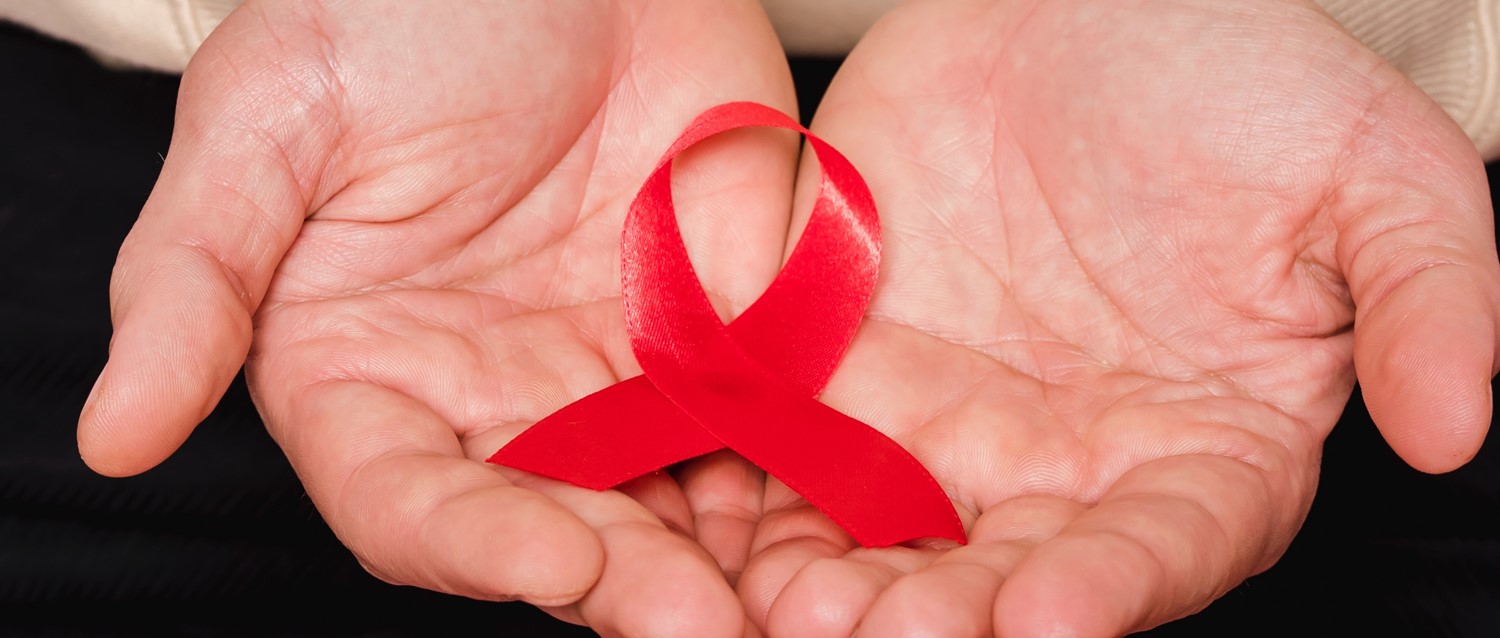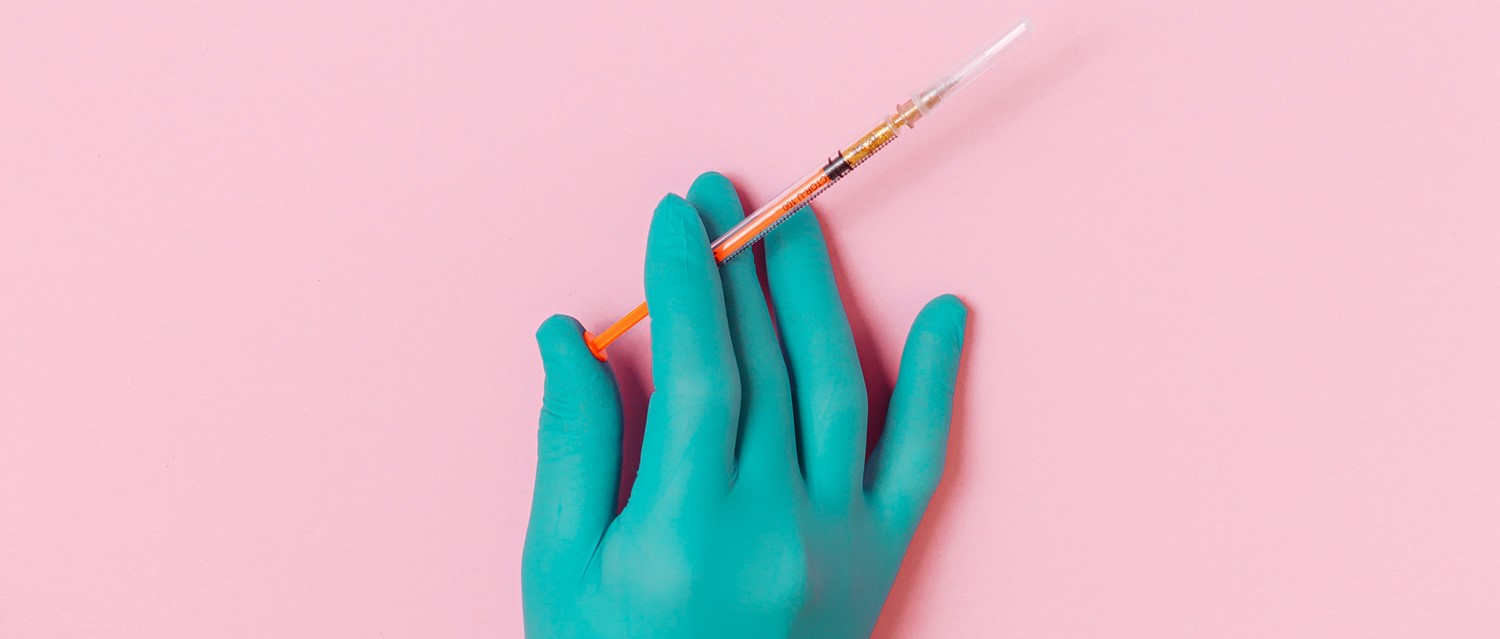
What not to say to someone with HIV
Peer reviewed by Dr Sarah Jarvis MBE, FRCGPLast updated by Milly EvansLast updated 17 Oct 2019
Meets Patient’s editorial guidelines
- DownloadDownload
- Share
- Language
- Discussion
We've come a long way in developing treatment and prevention techniques but attitudes towards HIV-positive people are still lagging behind. What do people living with HIV wish people would stop saying?
In this article:
Video picks for HIV and AIDS
According to a 2014 survey, only 45% of the UK population can correctly identify the ways in which HIV is and isn't passed on. A lack of awareness creates fear and stigma around the virus which often results in abuse or misinformed comments towards people living with HIV.
"Pretty much every person who has disclosed their HIV status will have some nightmare stories about encountering rejection, ignorance or abuse," says Matthew Hodson, Executive Director of aidsmap. "The least of these is the sympathetic look, the head tilt and the 'I hope you're doing alright'. The worst is the open hostility, the distancing and the fear that can lead to extraordinary cruelty.
"The medical treatment of HIV has improved but the stigma that surrounds this virus, and the toll that can take on the emotional health of those diagnosed, has in itself contributed to a public health crisis."
Here are some things to stop saying to people living with HIV - and the truth behind the myths.
Continue reading below
"How did you get it?"
"There are certain aspects of conversation that common sense should tell you are off-limits, but morbid curiosity often prevails," says Lizzie Jordan, Founder and Director at Think2Speak, a social enterprise that helps young people and their families communicate. "Asking how someone 'got it' is pretty insulting. You'd never ask the same of someone who's living with cancer or diabetes."
A lot of this thinking can be attributed to a 'blame culture' which surrounds HIV and sexual health, suggests Jordan. Much of the time people consider there to be 'acceptable' and 'unacceptable' reasons to have acquired HIV because it is most commonly transmitted through sex. "It is often viewed as a 'choice'. Blame is never apportioned to other health conditions," she says.
"If someone wants to tell you, they probably will. Often the question is prompted by a need to feel assured that the person with HIV has engaged in behaviour that sets us apart," agrees Hodson. "In most cases the answer is, 'I had sex'."
"You don't look like you have HIV"
Back to contents"I experience people regularly commenting on how well I look as if having HIV should mean you look ravaged by disease. This is often accompanied by a well-meaning, but ultimately patronising, tilt of the head," says Jordan.
Whilst shortly after acquiring HIV infection many people look and feel unwell with fever, night sweats, swollen glands and weight loss, these symptoms often pass within weeks. After that, most people with look perfectly well unless they go on to develop late-stage HIV, also known as AIDS. And current treatments can completely remove that risk for most people.
"Before there was effective treatment it was not uncommon to observe the physical symptoms of HIV infection or, in the days when dosing was less refined, the impact of HIV treatment. It was easy for some to kid themselves that just because they could sometimes identify someone with HIV from these markers, they always could. This was never the case," explains Hodson. "The association with sickness and dying means that those who look healthy are still often assumed to be uninfected."
On top of the expectation that someone looks unwell, there are ongoing stereotypes of the profile of an HIV-positive person. "White women, for example, don't match the picture that many hold on to of who is likely to be living with HIV," says Hodson.
Just under a third of people living with HIV in the UK are women. 47% of all new infections were through sex between men and 46% were through heterosexual sex. More than half of HIV-positive people are white and almost a third are black African. So there is no exact profile of who an HIV-positive person will be, or what they will look like.
Continue reading below
"Can I catch it from you?"
Back to contentsThere are lots of myths about how HIV is and isn't acquired which contribute to fear and stigma towards HIV-positive people. Let's set the record straight.
You can't get HIV through casual contact like sharing cutlery or cups, kissing, coughing, sneezing or spitting. HIV can be passed on through infected bodily fluids including semen, vaginal secretions, blood, breast milk and rectal secretions. Most commonly, HIV is passed on through unprotected sex and sharing needles or syringes. It can also be passed on from mother to baby, although this is uncommon, as effective treatment prevents transmission.
People living with HIV who are on effective treatment can't pass it on, even through unprotected sex, explains Hodson.
"People recall the 'bravery' of Princess Diana shaking hands with a man with AIDS and may pride themselves on knowing that HIV can’t be transmitted by casual contact," says Hodson. "The knowledge that HIV can't be passed on sexually when someone is virally suppressed on treatment remains less well known."
When the number of copies of the HIV virus in the blood is below 200 copies per ml, it's impossible to pass on HIV during sex.
"This fact, often referred to as U=U (undetectable means untransmittable) has been established by several rigorous studies, including PARTNER 1 & 2 and the Opposites Attract study. The U=U message is endorsed by NAM, providers of aidsmap, and every significant HIV organisation in the UK."
More education is needed before U=U becomes widely understood by the general population, says Jordan. "It totally dispels the perceived 'threat' of people living with HIV. This will become general knowledge as time moves on, but for now, education and awareness are still needed."
"Oh no! I'm sorry to hear that"
Back to contentsIn the early days of the HIV epidemic, many people who became infected with HIV went on to develop AIDS, which claimed many lives. In 2019, this is no longer the case in the UK.
"In the popular imagination HIV is still frequently associated with illness and death," says Hodson. "The iceberg of the 1980s' 'Don't Die of Ignorance' campaign casts a long shadow. The current effectiveness of HIV treatment is one of the most impressive medical breakthroughs of the modern era. People with HIV now can have a comparable life expectancy to our HIV-negative peers."
People living with HIV are able to partake in all of the same activities as someone without HIV. For some, they may feel that the only impact it has on their lives is having to take a pill every day.
"Science has moved on dramatically since the 1980s and 90s and people with HIV who are diagnosed, accessing care and treatment, live full, healthy and happy lives," explains Jordan.
Continue reading below
What should you say to someone with HIV?
Back to contents"When speaking to someone with HIV, it can seem like a minefield to navigate if it's something you're not aware of, but there's really nothing you need to worry about," says Jordan.
"There's nothing wrong with being curious but there are certain things that should be respected."
Just because someone has HIV, doesn't mean that it's their whole identity, she explains. "Being HIV-positive doesn't define us. Just because I am living with HIV doesn't mean that's all I am. It's a virus. It isn't my personality, my identity or the only subject which I talk about."
Patient picks for HIV and AIDS

Sexual health
Dispelling common myths about HIV and AIDS
Despite the progress that has been made in managing HIV, on this World AIDS day 2022, there are still pervasive misconceptions surrounding the virus and AIDS. It's really important that these harmful ideas be dismantled to encourage people to get tested and to ensure those who are HIV-positive can access quality care.
by Lawrence Higgins

Sexual health
First long-acting injectable HIV treatment approved
For people living with HIV, the only treatment options to date have been in oral tablet form. Although effective, this method is reliant on a person taking the tablets daily and exactly as prescribed, which can lead to user error and contribute towards psychological problems around stigma. An alternative method - the first long-acting (long-lasting) injection - has just been approved for England and Wales.
by Amberley Davis
Continue reading below
Article history
The information on this page is peer reviewed by qualified clinicians.
17 Oct 2019 | Latest version

Ask, share, connect.
Browse discussions, ask questions, and share experiences across hundreds of health topics.

Feeling unwell?
Assess your symptoms online for free
Sign up to the Patient newsletter
Your weekly dose of clear, trustworthy health advice - written to help you feel informed, confident and in control.
By subscribing you accept our Privacy Policy. You can unsubscribe at any time. We never sell your data.